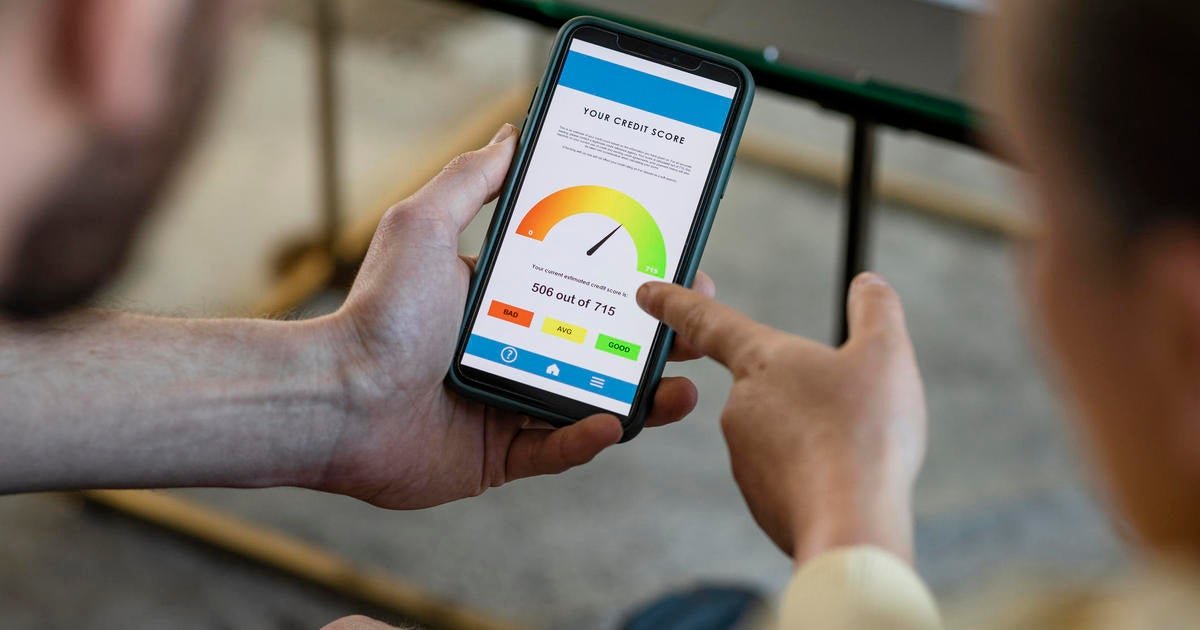Getty Images
There aren’t too many cost-effective borrowing options available right now. And after this week’s interest rate pause, the status quo is likely to remain unchanged for at least the next few months. With credit card interest rates hovering around a record high and personal loans sitting close to 13% right now, on average, borrowers may be considering turning elsewhere.
One great borrowing alternative now is via home equity in the form of a home equity loan or home equity line of credit (HELOC). The average home equity amount is high right now (close to $320,000) and interest rates on home equity loans, in particular, are fixed, meaning that borrowers can easily budget for their loan.
But while rates are low on home equity loans currently, there will be an application process required to be completed before the funds are disbursed. And that usually involves taking a look at your credit history. Below, we’ll break down what to consider before getting started.
See how much home equity you could potentially borrow here now.
Can you get a home equity loan with no credit check?
In short, you’d be hard-pressed to find a lender willing to provide a home equity loan without first doing a credit check. It may not be impossible but it will be unlikely.
In these unique borrowing circumstances, the home functions as collateral. So the lender knows what it’s worth (after doing an appraisal) and they know that they’ll be protected since they can technically take over the home should you fail to repay all that you’ve withdrawn. What they don’t know, however, is your current ability to repay the loan. And that can only be truly vetted via a credit check.
If you know you want to borrow with a home equity loan but don’t have good enough credit to secure the lowest rates and best terms, you may be best served by first boosting your credit score. This can be done in a myriad of ways from paying down debt, refraining from applying for other loans and inspecting your credit report for errors that can be removed upon review.
That all said, homeowners with poor credit still have options. And many will be able to secure a home equity loan even with bad credit. But the rates that they’re offered and the loan terms are unlikely to be as beneficial as they will be for borrowers with high rates and clean credit histories. Remember, that your home will only go so far in securing you this sort of loan. You’ll need to prove your worth as a borrower too, and that generally means demonstrating it via a credit check.
See what home equity loan rate you’d currently qualify for here.
What are today’s home equity loan interest rates?
To truly determine how much of an impact your credit score has on your home equity loan rate offer, it helps to know what standard to judge by. That requires understanding today’s rate landscape a bit. Fortunately, home equity loan interest rates have been on a mostly downward trend for much of the last year. The average home equity loan rate is 8.44% as of January 30, 2025. It’s a bit higher for specific repayment terms, however, currently sitting at a median of 8.57% for a 10-year loan and 8.52% for a 15-year loan. So, qualified borrowers with high scores can expect to get offers in the mid or low 8% range now.
Those who have mediocre scores, however, can expect to pay significantly more. It behooves borrowers, then, to do all they can to improve their credit standing. If they secure a loan with rates that infringe upon their ability to make payments as agreed upon, they could risk losing their home back to the lender.
The bottom line
Homeowners are unlikely to get a home equity loan without first having their credit checked. But this isn’t necessarily a bad thing. When putting your home up as collateral, you’ll want to ensure that you have the means to pay back anything borrowed. So, if you don’t have the means to do so, first start working on your credit. This will boost your financial health overall, position you for better loan rates and terms and set you up for repayment success for years ahead. And don’t forget to monitor the evolving rate climate so you have a baseline of what to expect when you ultimately start shopping for loans.
